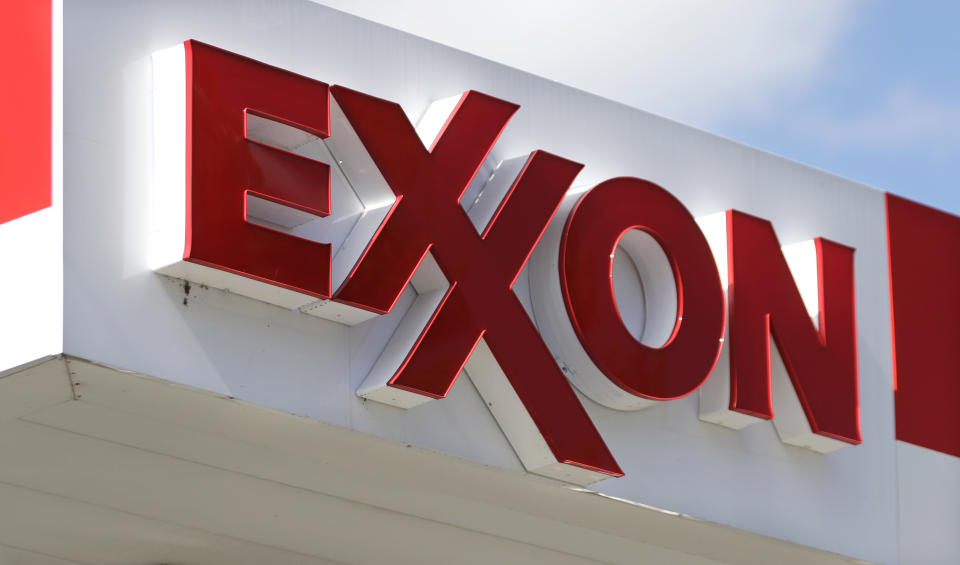ExxonMobil (XOM)’s near-$60 billion acquisition of Pioneer Natural Resources (PXD) highlights Big Oil’s continued appetite for shale producers.
The deal, announced earlier this week, will make the oil giant the largest player in US shale oil. It gives ExxonMobil massive scale in the Permian Basin, allowing it to double its footprint in the largest oil-producing region in the US and strengthen its upstream portfolio. Upstream refers to the initial phases of oil and gas production like exploration, drilling, and extraction.
Big Oil players have increasingly turned to the Permian Basin for oil and gas, where technological advancements and infrastructure have led to lower extraction costs.
“People are definitely going to run out of inventory over the next several years,” Pioneer’s CEO Scott Sheffield said during the company’s latest earnings call on Aug. 2. That “should lead to extreme consolidation.”
Analysts note consolidation has been a way of life in the oil patch for some time. In recent years, supermajor Chevron (CVX) acquired Nobel Energy, an oil and gas explorer with 92,000 acres in the Permian Basin. A year later ConocoPhillips (COP) bought Shell’s Permian Basin business for $10 billion and Concho Resources for $17 billion.
In 2019 shale producer Anadarko was scooped up by Occidental Petroleum (OXY) with the help of billionaire Warren Buffett’s Berkshire Hathaway (BRK-A, BRK-B).
Last year, Occidental Petroleum was the best-performing stock of the S&P 500, up a whopping 119%.
“A few remain, but the Permian Basin has seen production start to concentrate in the hands of Chevron, Occidental, ConocoPhillips, and ExxonMobil,” said Peter McNally, global sector lead for industrials, materials, and energy at Third Bridge.
Citi analysts recently noted “the logic of consolidation in the highly fragmented Permian shale remains compelling with significant gains to be achieved from economies of scale by minimizing facilities spend, optimizing drilling and reducing G&A [general and administrative] spend.”
The Pioneer acquisition is Exxon’s largest since it merged with Mobil back in 1999. The deal comes at a time when the US and other countries are moving towards an economy that is less reliant on fossil fuels. Exxon’s acquisition highlights the challenges of that shift.
“Everybody realizes there’s going to be an energy transition, but it’s going to be a lot longer. It’s going to be a lot tougher. It’s going to be a lot more expensive,” Wells Fargo senior energy analyst Roger Read told Yahoo Finance.
“So if you look at that aspect of it — it speaks to why you would invest in oil and why Exxon would do this transaction.”
Besides increasing capacity to produce more oil and gas for its downstream operations, Third Bridge’s analyst Peter McNally points out an additional benefit of the merger.
“ExxonMobil is pulling forward Pioneer’s net-zero plan by 15 years — to 2035 — as the company can deploy its emission reduction targets across a bigger footprint of operations,” he added.
Net zero refers to pledges to remove the same amount of carbon from the atmosphere that a company releases, thereby counterbalancing the impact.

The merger announcement comes as Pioneer’s longtime CEO Scott Sheffield is poised to retire at the end of the year.
Sheffield was Pioneer’s founding CEO from 1997 to 2016. He returned to the chief executive role three years later, steering the company through the acquisitions of privately held rival DoublePoint Energy in 2021 and Parsley Energy in 2020 when the industry was reeling from lower oil prices brought on by the pandemic.
Pioneer shares had soared last week amid speculation that ExxonMobil would buy Pioneer at a value of up to $60 billion.
On Wednesday ExxonMobil sank 4% to hover above $105 per share after the merger was announced. The stock touched an all-time intraday high of $120.70 on Sept. 28.
Ines Ferre is a senior business reporter for Yahoo Finance. Follow her on Twitter at @ines_ferre.
Click here for the latest stock market news and in-depth analysis, including events that move stocks
Read the latest financial and business news from Yahoo Finance
Source: finance.yahoo.com
